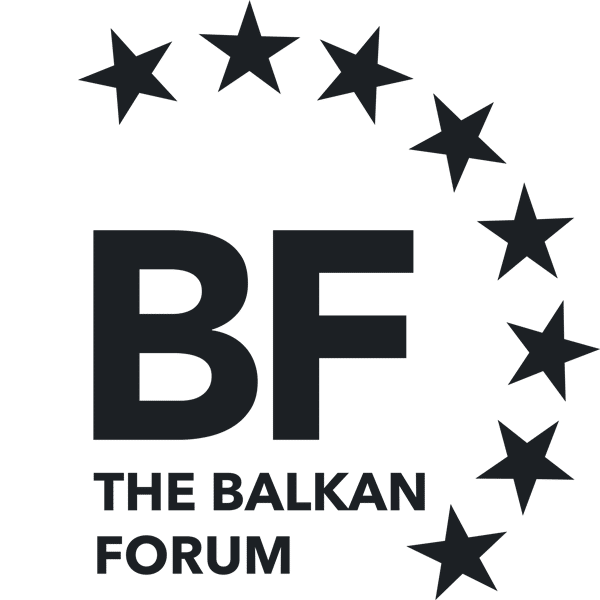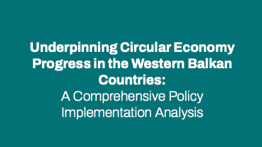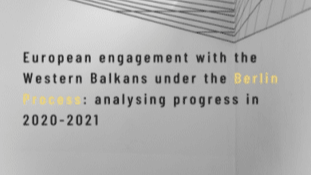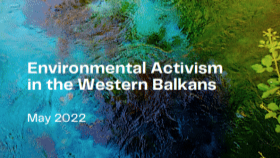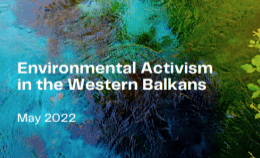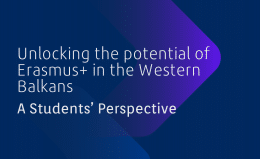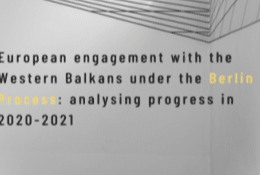This research deals with the context and state of the Circular Economy (CE) in the Western Balkans (WB). To showcase the rationale that shaped the research we being with contextualizing the critical global macro-trends. According to a United Nations (U.N.) report, by 2050 the world population will reach 9.2 billion. We could consider , nearly half of the cur- rent world population (3.59 billion) is now considered middle-class, set to increase to at least to 5.3 billion by 2030, as indicated by these trends. Henceforth, as living standards rise, so will consumption and demand for more resource-intensive goods (e.g., more meat consumption, housing, retail, vehicles, etc.). In these terms, by 2030, the global demand will increase by at least 35% for food, 40% for water, and 50% for energy. Despite having become more efficient at extracting value from raw materials, those improvements have not kept up with the rise in consumption. We already know that “we are now consuming about 1.75 times of the Earth’s carrying capacity, meaning we are using 75% more natural resources than we are renewing yearly. This appetite for scarce resources is only expected to grow in coming decades.” While the WB countries do not differ from these trends, yet all of them are countries in transition, set to grow – as not- ed before – to the middle class and above. Therefore, they will increasingly need more resources.
“Now, think all of the above only as environmental issues? Incorrect. These are policies and business issues both directly and indirectly. We know that achieving such ambitious goals will not be easy. Yet, every challenge is an opportunity. The global economy depends on businesses stepping up in the face of global pressures with new forms of innovation and value creation. In this regard, the “circular” economy offers a powerful way forward: a massive shift from the standard “linear” ways of the economy to new principles of circularity.”
WB countries are working to improve waste management and could benefit from the CE approaches, which consider systemic interdependencies and go beyond the tendency to look merely at just one aspect of the whole problem, waste. Establishing CE in the WB region finds itself in its developmental stages. On the bright side, the European Union (EU) accession goal provides impetus to leaving the wasteful linear economic model behind by shifting toward an implemented circular economy instead.
Therefore, this research brings forward the need for both policy implementation and business innovation to be fully in line with each other for WB countries to be on the front line of CE momentum.
